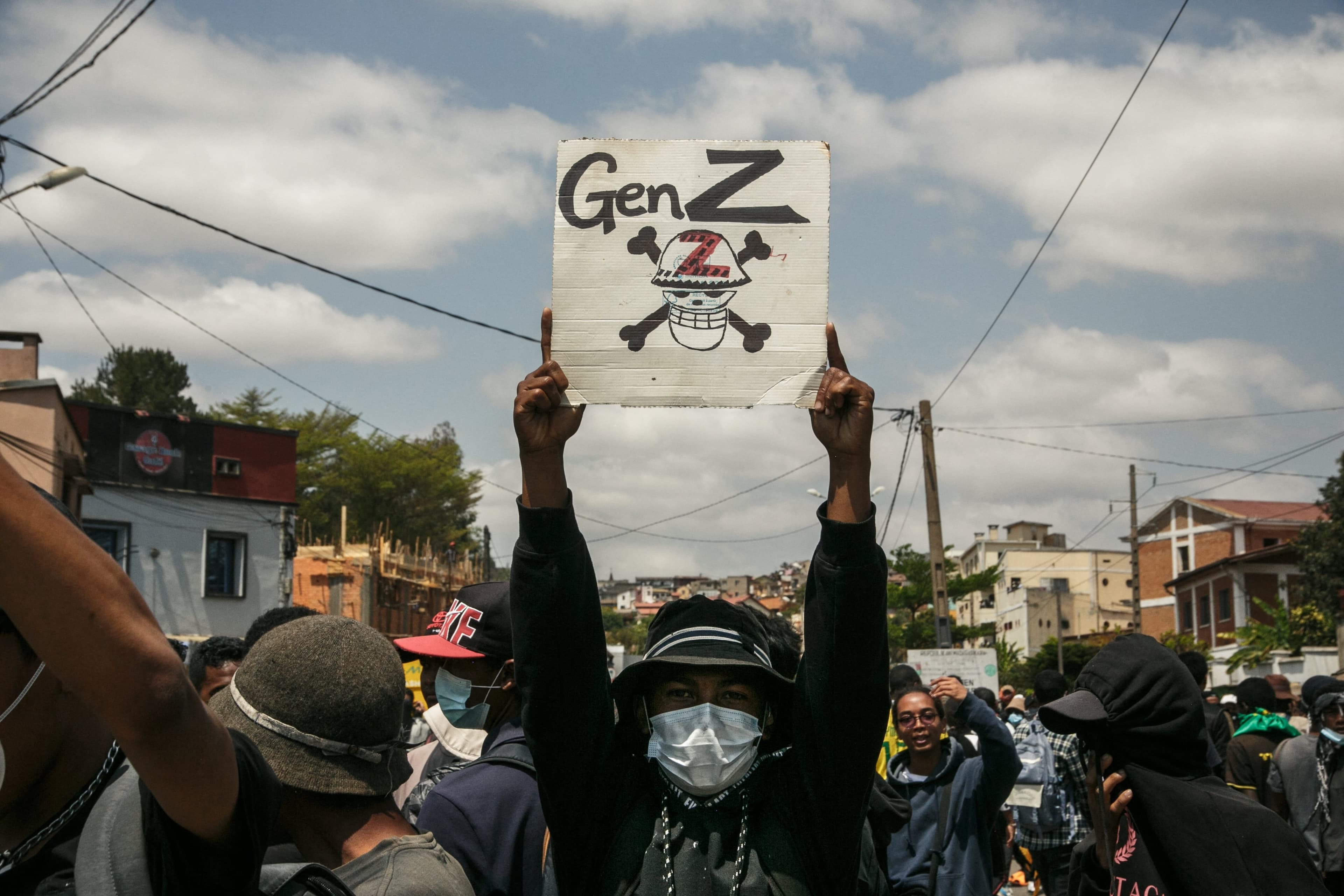We're loading the full news article for you. This includes the article content, images, author information, and related articles.
At a Nairobi ceremony marking eight decades of the UN Charter, Kenya's commitment to global cooperation was highlighted alongside a tribute to a pioneering disability rights advocate, underscoring the UN's local and international impact.

NAIROBI, Kenya – Top diplomats and officials gathered at the United Nations Office at Nairobi (UNON) on Friday, October 25, 2025, to commemorate the 80th anniversary of the UN Charter's entry into force. The event served as both a reflection on the United Nations' historical achievements and a renewed call for global solidarity to address modern challenges, with Kenya's leadership reaffirming its dedication to multilateralism.
The UN Charter was signed on June 26, 1945, in San Francisco and officially came into existence on October 24, 1945, after ratification by key signatories. Forged in the aftermath of World War II, its primary mandate was to "save succeeding generations from the scourge of war." Over the past eight decades, the UN's mission has expanded to include protecting human rights, delivering humanitarian aid, promoting sustainable development, and upholding international law.
Representing the Kenyan government, Foreign Affairs Principal Secretary Dr. Korir Sing'oei delivered a keynote address acknowledging the UN's vital role in global affairs. He stated that while the organization has not perfectly achieved all its aims, it has made “meaningful contributions to peace and security, development, and the protection of rights.” Dr. Sing'oei emphasized Kenya's pride in being a responsible member of the international community, committed to building a "just, peaceful, inclusive, and sustainable world."
The ceremony was attended by high-level UN representatives, including UNON Director-General Zainab Hawa Bangura, UN Environment Programme (UNEP) Executive Director Inger Andersen, and UN Resident Coordinator for Kenya, Stephen Jackson. Their presence underscored the significance of Nairobi as a critical hub for the United Nations. Established in 1996, UNON is one of only four major UN headquarters globally and the sole one in Africa and the Global South, hosting the global headquarters for UNEP and UN-Habitat.
Kenya's role in the UN has been significant since joining on December 16, 1963. The nation has served multiple terms on the UN Security Council and has been a major contributor to peacekeeping missions across the continent and beyond. Dr. Sing'oei thanked the international community for its support in strengthening the UN's presence in Nairobi, highlighting it as a cornerstone of Kenya's foreign policy.
A significant highlight of the Nairobi commemoration was the naming of Professor Michael Ndurumo as the 2025 United Nations in Kenya Person of the Year. Professor Ndurumo, the first deaf professor in East Africa, was celebrated for his monumental contributions to disability rights and inclusive education. Often called the “Father of Sign Language in Kenya,” he was instrumental in developing Kenyan Sign Language (KSL), which is now officially recognized in the Kenyan Constitution and used in neighboring countries.
His advocacy was crucial in shaping the Persons with Disabilities Act (2003) and drafting the law requiring sign language interpretation on all national television news broadcasts. In his remarks, PS Sing'oei lauded Professor Ndurumo as an “inspiration to generations of Kenyans.” The annual award recognizes individuals whose work advances the Sustainable Development Goals and embodies the UN's core ideals.
The 80th-anniversary celebrations worldwide have been marked by sober reflection on the immense challenges facing the international community. UN Secretary-General António Guterres noted that the Charter's principles are “under assault as never before,” citing escalating conflicts, climate change, and geopolitical tensions. Issues such as the wars in Gaza, Ukraine, and Sudan, coupled with funding shortfalls and major-power divisions, test the UN's capacity to fulfill its mandate. Despite these hurdles, speakers in Nairobi and globally reiterated the indispensable nature of the UN as a forum for dialogue and collective action. The event in Kenya served as a powerful reminder of the nation's role as a key partner in this global mission, championing peace, development, and human rights from its strategic position in East Africa.
Keep the conversation in one place—threads here stay linked to the story and in the forums.
Sign in to start a discussion
Start a conversation about this story and keep it linked here.
Other hot threads
E-sports and Gaming Community in Kenya
Active 9 months ago
The Role of Technology in Modern Agriculture (AgriTech)
Active 9 months ago
Popular Recreational Activities Across Counties
Active 9 months ago
Investing in Youth Sports Development Programs
Active 9 months ago